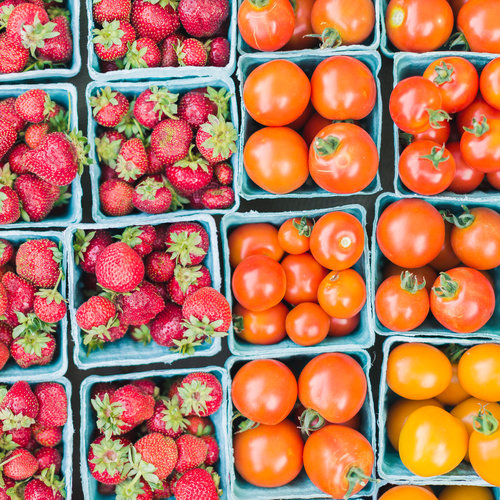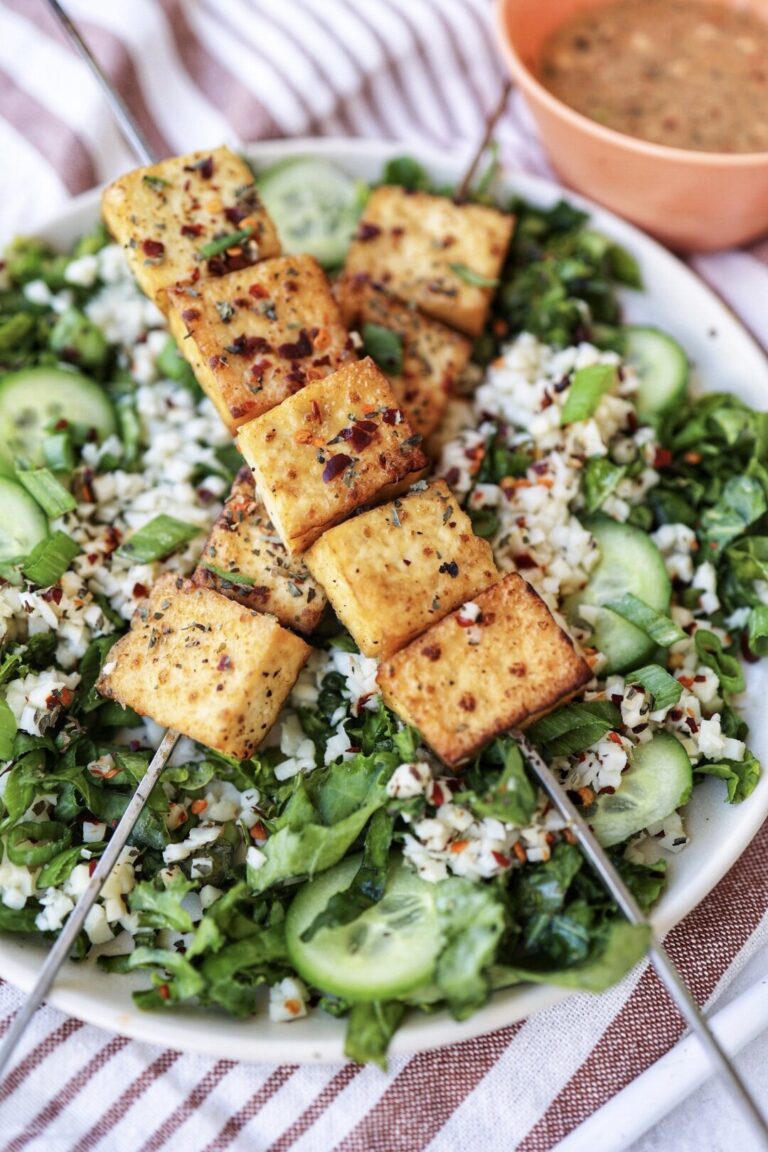I get it, we like what we like! I have fallen in the habit in the past of consuming the same foods over and over again. However, the importance of switching up the foods you eat is often overlooked and we love a BALANCED QUEEN! It is so, so important to make sure you’re covering your basis in terms of micronutrients, but to also prevent yourself from developing food sensitivities. (Yes, you can become intolerant to foods you consume often – wild!) So In this post I’ll go over eating with the “soul” purpose!

So what does it mean to be eating with the “soul” purpose?
One of the most important rules I live by is following the S.O.U.L purpose. SEASONAL – ORGANIC – UNALTERED – LOCAL. This pretty much covers your basis in insuring you are receiving the most benefits from the food you’re eating! Below i’ve covered some of the most important reasons why you should be eating in-season produce.
First, I want to quickly touch on buying organically! I think it’s great to buy organic where and when you can, but if you don’t have access to organic produce, or it’s out of your budget, I think following the EWG (Environmental Working Group’s) dirty dozen list is a great start! They come out each year, highlighting the “dirty dozen” fruits and veggies, which are the most contaminated with pesticides and toxic exposure. Here is the 2022 list!
Nutrient-content
Seasonal fruits and vegetables are more nutritious than their out of season counterparts. This is due to their ability to ripen naturally by the sun, rather than being harvested early in order to get on the grocery store shelves. This means a higher content of those important antioxidants that keep us healthy and feeling our best!
Taste
I don’t know about you guys, but there is nothing better than some freshly picked in-season cherries, strawberries, or pretty much any fruit out there. Seasonal fruits and vegetables are fresher because they aren’t being transported long distances, taste better, and are often even more vibrant in color. Due to their ability to ripen naturally, they often are juicier and last longer as well.
Environment
When a crop is in seasons, it takes little effort from humans to grow. This means less pesticide use and fewer genetically modified crops. Purchasing locally grown food not only help maintain farmland but support your local farmers. Food grown, processed, and distributed locally also generates jobs and offers job security for those already in the field. .
Price
I know you all have seen berries during the winter, priced at like $6-7 a carton. When a fruit or vegetable is in-season, prices go down because there is an abundance of it.
Now I know from experience, it can seem daunting to keep what is seasonal and what is not, in mind. So, I made it easy for you and went ahead and listed below in-season fruits and vegetables for the months to come.
Spring:
Veggies: Asparagus, beets, broccoli, cabbage, cauliflower, garlic greens, greens, arugula, bok choy, chard, collards, dandelion, kale, mustard greens, lettuce, mushrooms, radishes, peas, rhubarb, spinach, and sprouts.
Fruit: Apples & strawberries
Summer:
Veggies: Beets, broccoli, cabbage, carrots, cauliflower, celery, cucumbers, eggplant, endive, fennel, garlic, green beans, lettuce, mushrooms, okra, onion, pepper, potato, radicchio, scallions, sprouts, summer squash, sweet corn, tomato
Fruits: Apricots, blackberries, cherries, currants, elderberries, gooseberries, melons, nectarines, peaches, plums, raspberries, plums, cherries, apricots
You may be curious as to where can you buy local, seasonal produce? Local farmers’ markets, or through Community Supported Agriculture programs, are a great start. You can always do a quick google search in your area to find what’s easily accessible to you! What are your staples for the spring and summer season!?





